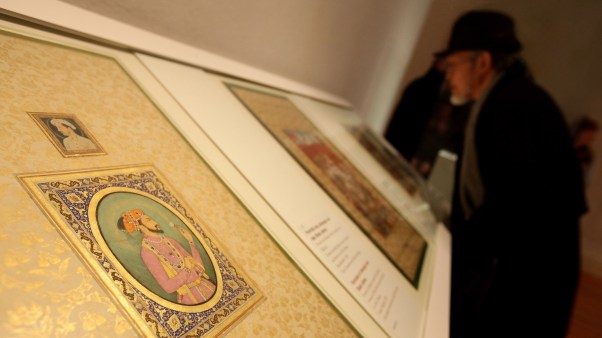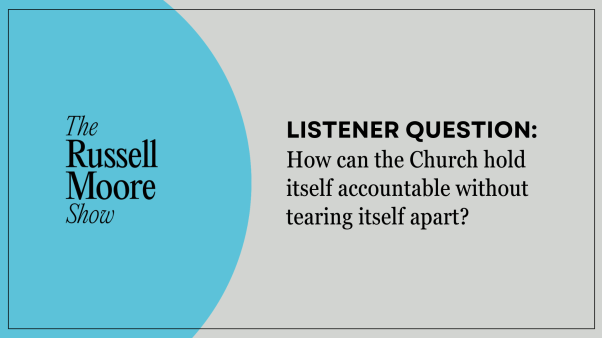The New York magazine article, “Learning to Lie: Kids lie early, often, and for all sorts of reasons – to avoid punishment, to bond with friends, to gain a sense of control. But now there’s a singular theory for one way this habit develops: They are just copying their parents,” by Po Bronson is full of insights about the subject.
The author, and the researchers he quotes assume that that many social graces (like complementing a host for meal that I didn’t particularly like, or telling a telemarketer that one is too busy to talk) are also lies, if white lies. I disagree, and the author’s views in this case surely raise the stats on lying. But that is to quibble. Lying remains much more common, deliberate, and conscious among children and teens than we are likely to acknowledge sometimes?and I have no reason to think that this isn’t a phenomenon in Christian families.
Two passages I found particularly interesting:
Most parents hear their child lie and assume he’s too young to understand what lies are or that lying’s wrong. They presume their child will stop when he gets older and learns those distinctions. Talwar has found the opposite to be true – kids who grasp early the nuances between lies and truth use this knowledge to their advantage, making them more prone to lie when given the chance.
Many parenting Websites and books advise parents to just let lies go – they’ll grow out of it. The truth, according to Talwar, is that kids grow into it. In studies where children are observed in their natural environment, a 4-year-old will lie once every two hours, while a 6-year-old will lie about once every hour and a half. Few kids are exceptions?.
And one more intriguing passage:
? In her study of teenage students, Darling also mailed survey questionnaires to the parents of the teenagers interviewed, and it was interesting how the two sets of data reflected on each other. First, she was struck by parents’ vivid fear of pushing their teens into outright hostile rebellion. “Many parents today believe the best way to get teens to disclose is to be more permissive and not set rules,” Darling says. Parents imagine a trade-off between being informed and being strict. Better to hear the truth and be able to help than be kept in the dark.
Darling found that permissive parents don’t actually learn more about their children’s lives. “Kids who go wild and get in trouble mostly have parents who don’t set rules or standards. Their parents are loving and accepting no matter what the kids do. But the kids take the lack of rules as a sign their parents don’t care – that their parent doesn’t really want this job of being the parent.”
Pushing a teen into rebellion by having too many rules was a sort of statistical myth. “That actually doesn’t happen,” remarks Darling. She found that most rules-heavy parents don’t actually enforce them. “It’s too much work,” says Darling. “It’s a lot harder to enforce three rules than to set twenty rules.”
A few parents managed to live up to the stereotype of the oppressive parent, with lots of psychological intrusion, but those teens weren’t rebelling. They were obedient. And depressed.
“Ironically, the type of parents who are actually most consistent in enforcing rules are the same parents who are most warm and have the most conversations with their kids,” Darling observes. They’ve set a few rules over certain key spheres of influence, and they’ve explained why the rules are there. They expect the child to obey them. Over life’s other spheres, they supported the child’s autonomy, allowing them freedom to make their own decisions.
The kids of these parents lied the least?.








